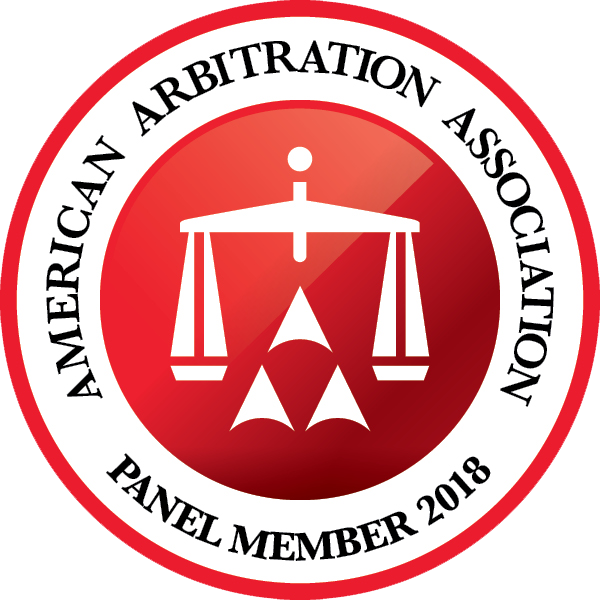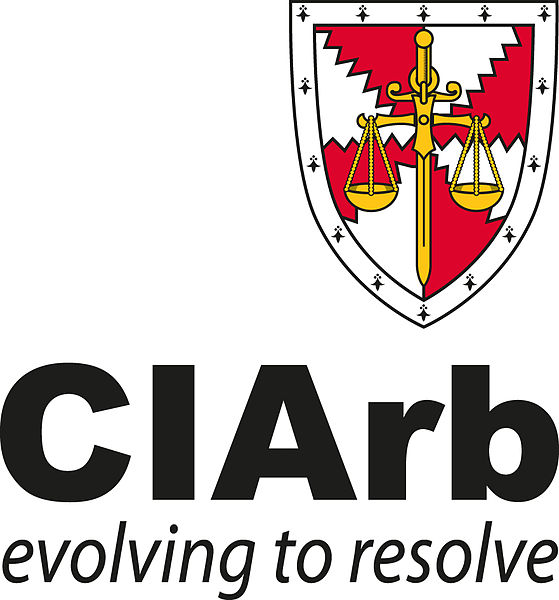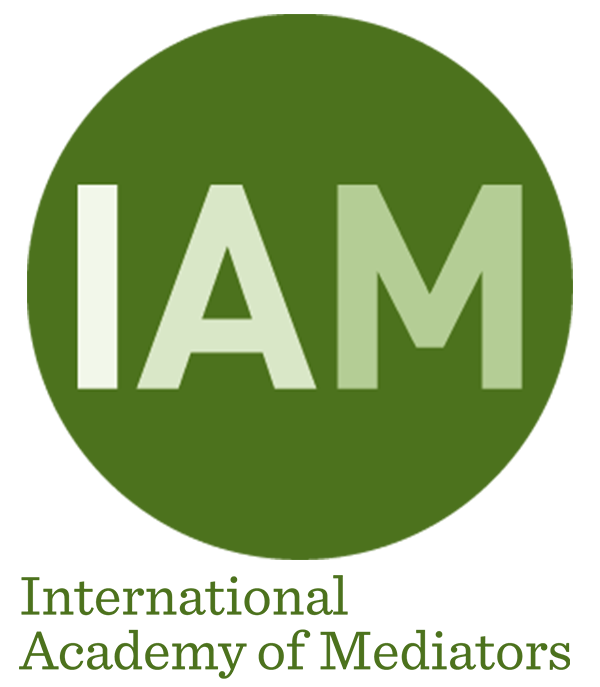Published in Los Angeles Daily Journal
Several evenings earlier this month, Jews around the world gathered for traditional seders — ceremonial dinners and services marking the commencement of the weeklong Passover holiday. At seders, the youngest in attendance asks four proscribed questions opening a dialog recounting the historical Exodus story and beginning a thoughtful discussion of its modern implications. The Exodus story relates the liberation of the Jewish people from enslavement in Egypt or mitzrayim, literally translated as “the narrow place.”
The youngest begins the questions with the formula “Why is this night different from all other nights?” This year, beyond the traditional ceremonial responses, the answers were manifold and the context unusual, given the current pandemic and the resulting stay-at-home orders. Putting aside the societal differences in the character of the evenings, and obvious lessons regarding freedom and mass shortages of necessities, our guests joined the seder by Zoom teleconference from around the country. My thoughts turned to the “narrow places” — the challenges and difficulties in which my professional, as well as my personal, community finds itself and how technology can help overcome existing obstacles to physical interaction.
Courthouses are closed. Los Angeles is under a stay-at-home order at least until May 15. While deadlines have been extended, clients have evolving financial needs, as do counsel. The world is not standing still, and working with mediators who understand everyone’s imperatives, and can be sensitive to the circumstances, is as realistic and important as ever.
As a mediator and arbitrator, I have become intimately acquainted with Zoom. I have been utilizing the platform to work with parties to resolve their pre-litigated and litigated matters through this robust tool which permits participants to “meet” jointly and in private caucuses, to allow counsel to meet separately with the mediator, to review important documents, and ultimately to draft, edit and execute binding settlement agreements in real time. Will Zoom replace face-to-face interactions when we can once again sit together, share the intimacy of personal interaction, and observe important emotional interchanges? Likely not, although I do think that the platform works surprising well, and parties and representatives who reside out of the state or country will more often be granted permission to appear remotely in the future.
Several features of Zoom are noteworthy and should be evaluated in making your decision about proceeding now instead of delaying your mediation or arbitration. After initially being overwhelmed by the massive increase in use, Zoom Video Communications, Inc. has enhanced the security features of its program to overcome breaches which occurred in some of its conferences. The news of these “breaches” has been exaggerated to some extent. While I can only speak for the ADR provider with which I am affiliated, Signature Resolution, I am aware of no intrusion into a mediation or similar event. Signature has been utilizing a premium version of the Zoom product from the outset and includes features that only permit participants to enter a conference if specifically admitted by the mediator. The mediator can “lock” the conference once all participants have joined and permit the participants to move securely from breakout room to breakout room.
The Zoom platform permits the mediator to establish as many rooms for caucuses as deemed advantageous for the specific mediation. Personally, I like to have the ability to meet with attorneys in “the hallway” or my “mediator’s office,” to allow a discreet conversation, just as I would during an in-person mediation. The program allows me to establish these venues. I routinely share my personal cell phone number so that the attorneys and I can text or otherwise communicate about the need for such a chat, just as I do during in-person mediations.
I have always believed that it is vital to success to arrange for pre-mediation conference calls with counsel to understand the dynamics at work in an upcoming mediation. That is true now more than ever. This pre-mediation conference can take place in the context of testing the Zoom set-up with counsel so that they are comfortable with the technology, assure that it will work, and be ready to hit the ground running. Now, and perhaps in the future, the pre-mediation “call” can take the form of a Zoom conference.
At our annual seders the most profound questions are personal ones. In the past year, what has been your “narrow place?” What is the “narrow place” that you, and we as individuals and a community, will face in the year to come and seek to escape? What can we do as a society to make this a better world? We are all working our way through this troubled time together. I wish you health, safety and the strength to move forward to the brighter and better tomorrow that we will forge as one community.
Greg Derin is a mediator and arbitrator at Signature Resolution. He has been a professional mediator for nearly 20 years. For eight years he assisted in teaching the Mediation Workshop at the Harvard Program on Negotiation. Greg can be reached at This email address is being protected from spambots. You need JavaScript enabled to view it..











